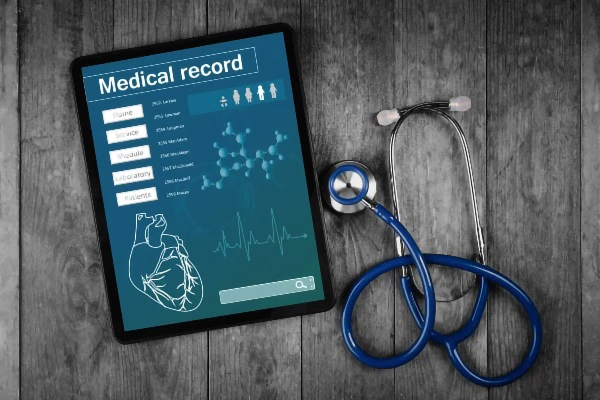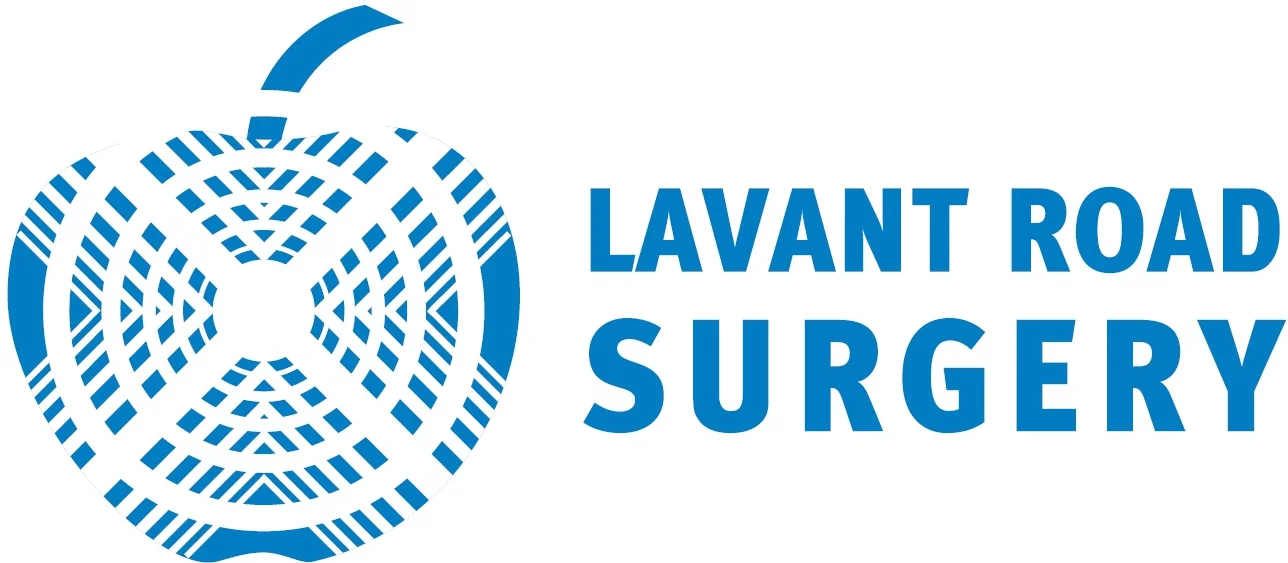We use cookies to help provide you with the best possible online experience.
By using this site, you agree that we may store and access cookies on your device. Cookie policy.
Cookie settings.
Functional Cookies
Functional Cookies are enabled by default at all times so that we can save your preferences for cookie settings and ensure site works and delivers best experience.
3rd Party Cookies
This website uses Google Analytics to collect anonymous information such as the number of visitors to the site, and the most popular pages.
Keeping this cookie enabled helps us to improve our website.
Latest Practice News
All the latest news and information from the surgery and our patient community

Sign up for the Practice Newsletter
The Patient Participation Group (PPG) will, from time to time, produce a Lavant Road Surgery Newsletter to provide information and advice about the Practice. See the news items below for previous newsletters. You can sign up to receive future issues by email.
It is easy to opt out should you change your mind at a later date.
 New Appointment Booking System – Now Operational
We have now introduced our new appointment booking system. Learn more...
02/12/2025
New Appointment Booking System – Now Operational
We have now introduced our new appointment booking system. Learn more...
02/12/2025
 PPG Newsletter: May 2025
Read our latest updates from the Patient Participation Group
21/08/2025
PPG Newsletter: May 2025
Read our latest updates from the Patient Participation Group
21/08/2025
 Cervical Screening Programme
Introduction of opt in for routine call/recall for Transgender and Non-Binary People.
09/07/2025
Cervical Screening Programme
Introduction of opt in for routine call/recall for Transgender and Non-Binary People.
09/07/2025
 Tirzepatide (Mounjaro®) Prescribing
Read more...
23/06/2025
Tirzepatide (Mounjaro®) Prescribing
Read more...
23/06/2025
 New Dispensary now open
We are pleased to announce that our new Dispensary is now open. Read more...
22/10/2024
New Dispensary now open
We are pleased to announce that our new Dispensary is now open. Read more...
22/10/2024
 Telephone Call Back
We have now introduced a call back facility on our telephone system. Read more about it here.
06/12/2023
Telephone Call Back
We have now introduced a call back facility on our telephone system. Read more about it here.
06/12/2023
 Access to Your Medical Records
The NHS wants to give people better ways to see their personal health information online.
01/11/2023
Access to Your Medical Records
The NHS wants to give people better ways to see their personal health information online.
01/11/2023
